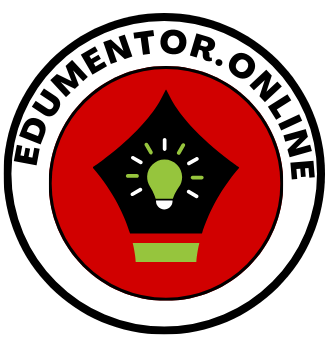In today’s digital age, educational technology has revolutionized the way we learn and teach. From interactive apps to collaborative tools and comprehensive learning platforms, there’s a wealth of resources available to enhance educational experiences at all levels. Whether you’re a student, educator, or lifelong learner, understanding and leveraging these tools can significantly enrich your learning journey. Let’s explore some key educational apps, tools, and platforms that are making an impact:
- Interactive Learning Apps: Educational apps cater to diverse learning styles and subjects, offering interactive lessons, quizzes, and games to engage learners. Apps like Duolingo for language learning, Khan Academy for academic subjects, and Quizlet for flashcards are popular choices that make learning fun and accessible anytime, anywhere.
- Collaborative Tools: Collaboration is essential in modern education. Tools like Google Workspace (formerly G Suite) and Microsoft Teams facilitate real-time collaboration among students and teachers, enabling seamless document sharing, group projects, and virtual discussions.
- Digital Learning Platforms: Learning management systems (LMS) such as Moodle, Canvas, and Blackboard provide centralized platforms for course administration, content delivery, and student engagement. These platforms offer features like online assessments, discussion forums, and multimedia content to support blended and remote learning environments.
- Personalized Learning Tools: Adaptive learning platforms like Coursera, Udemy, and edX use algorithms to personalize learning experiences based on individual strengths, weaknesses, and learning pace. These platforms offer a wide range of courses and certifications across various disciplines, catering to diverse learning needs and preferences.
- Virtual Reality (VR) and Augmented Reality (AR): VR and AR technologies are transforming educational experiences by immersing learners in virtual environments and simulations. These technologies enhance understanding of complex concepts in subjects like science, history, and medicine, offering interactive and engaging learning opportunities.
- Educational Podcasts and Webinars: Podcasts and webinars provide on-the-go learning experiences through audio and video content. Platforms like TED-Ed, Coursera Live, and iTunes U offer educational podcasts, lectures, and webinars on a wide range of topics, featuring experts and thought leaders in their fields.
- Digital Note-taking and Organization Tools: Tools like Evernote, OneNote, and Notion help students and educators organize notes, research materials, and project tasks digitally. These tools offer features like cloud storage, cross-device synchronization, and customizable organization, enhancing productivity and efficiency.
- Online Tutoring and Virtual Classrooms: Virtual tutoring platforms and virtual classrooms like Zoom and Adobe Connect provide opportunities for one-on-one tutoring sessions, interactive lectures, and live demonstrations. These platforms enable personalized instruction, student-teacher interaction, and collaborative learning experiences across geographic boundaries.
- Accessibility and Inclusivity Tools: Educational technology includes tools designed to support diverse learners, including those with disabilities. Accessibility features such as screen readers, captioning, and text-to-speech tools ensure that educational content is accessible to all learners, promoting inclusivity and equal access to education.
- Data Analytics and Learning Analytics: Learning analytics tools analyze student data to provide insights into learning behaviors, progress, and performance. These insights help educators personalize instruction, identify at-risk students, and measure the effectiveness of teaching strategies, fostering continuous improvement in educational outcomes.
Educational technology continues to evolve, offering innovative solutions to enhance learning experiences and outcomes. As you explore these tools and platforms, consider how they can complement your learning goals, support your teaching practices, or facilitate professional development. Embrace the opportunities that educational technology presents to create engaging, interactive, and personalized learning environments for all learners.
Discover, experiment, and integrate these educational tools into your educational journey to harness their full potential and transform learning into a dynamic and enriching experience.

